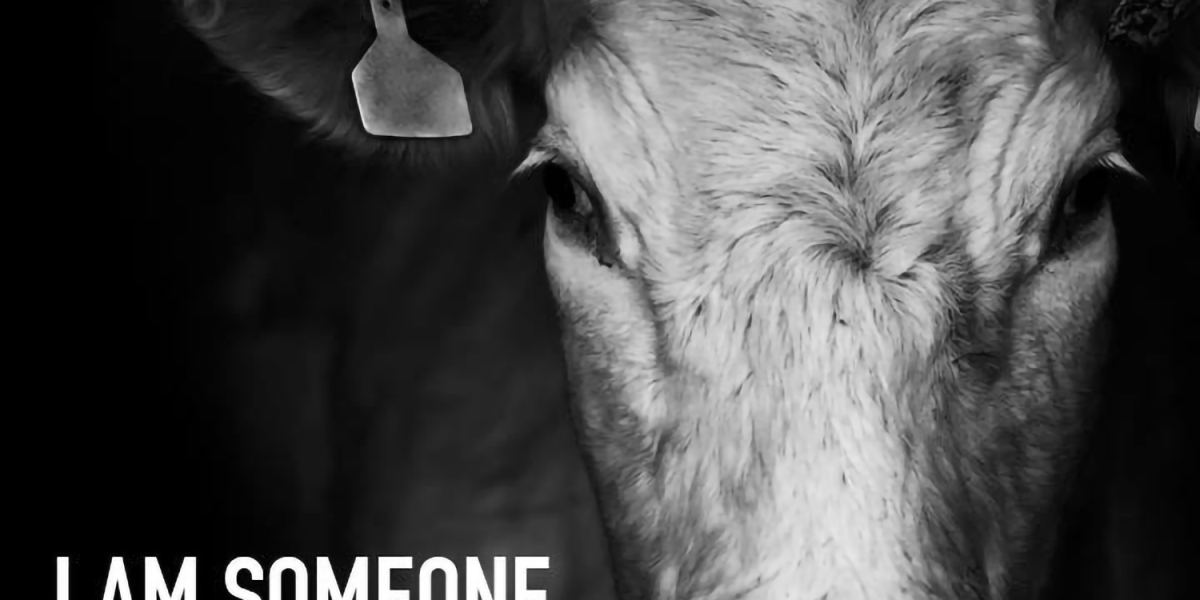When we think of grass-fed beef, many of us envision cattle grazing peacefully on expansive pastures, living a more natural life than their factory-farmed counterparts. It’s a picture that’s often painted as idyllic, wholesome, and ethical. However, behind this pastoral facade lies a more complex and troubling reality.
The Misconception of Grass-Fed Beef
Grass-fed beef has gained popularity in recent years due to its perceived health benefits and the belief that it's more humane compared to beef from feedlots. The term "grass-fed" suggests that cattle roam freely on grassy fields, enjoying a diet of natural forage.
The Reality of Grass-Fed Beef Production
While it’s true that grass-fed cattle have access to pasture, the conditions in which they are raised can vary significantly. Contrary to popular belief, not all grass-fed operations uphold high standards of animal welfare.
Confinement and Overcrowding
Many grass-fed beef operations confine cattle to small paddocks or overcrowded pastures. This confinement can lead to stress, injuries, and the spread of diseases among the animals. The natural behavior of cattle to roam and graze freely is restricted, resulting in a compromised quality of life.
Environmental Impact
Large-scale grass-fed operations often clear native vegetation to plant monoculture grasses, which disrupts local ecosystems and reduces biodiversity. This environmental impact can be significant, contributing to deforestation and soil degradation.
Slaughter and Transport
Grass-fed beef cattle are still subjected to the same stressful and often inhumane practices during transport and slaughter as their feedlot counterparts. The journey to the slaughterhouse can be long and arduous, causing further distress to the animals.
Ethical Considerations
Consumers who choose grass-fed beef often do so under the impression that they are making a more ethical choice. However, it’s crucial to recognize that the label "grass-fed" alone does not guarantee that the animals were treated humanely throughout their lives.
Grass-Fed Beef Cruelty: A Call for Transparency and Change
To address the issues surrounding Grass-fed beef cruelty, consumers must demand transparency from producers and retailers. Supporting local farmers who practice sustainable and ethical farming methods is one way to ensure that your beef comes from animals that have been treated with care and respect.
What You Can Do
- Educate Yourself: Learn about where your food comes from and how it’s produced.
- Support Ethical Farms: Look for certifications like Certified Humane or Animal Welfare Approved.
- Reduce Meat Consumption: Consider reducing your meat consumption or choosing plant-based alternatives.
Conclusion
Grass-fed beef cruelty is a complex issue that deserves more attention and scrutiny. By understanding the realities of grass-fed beef production and making informed choices, consumers can play a crucial role in promoting more ethical and sustainable practices within the industry.








